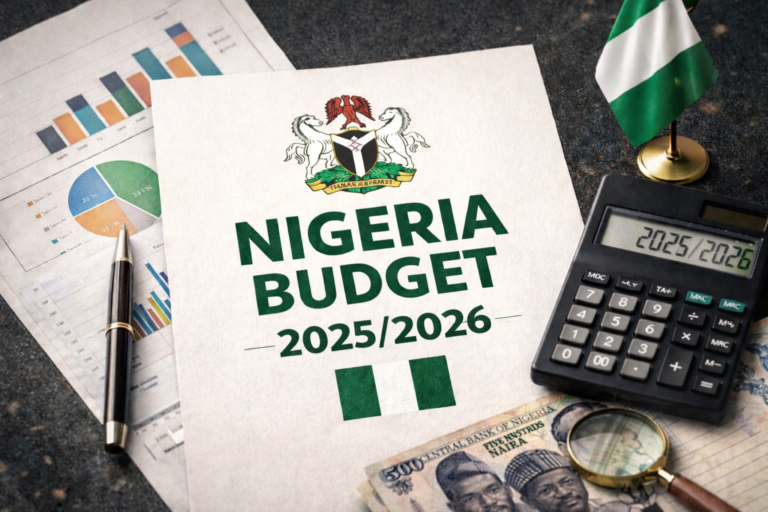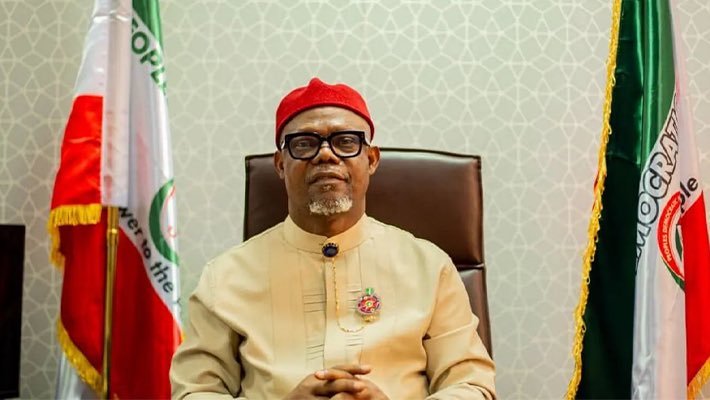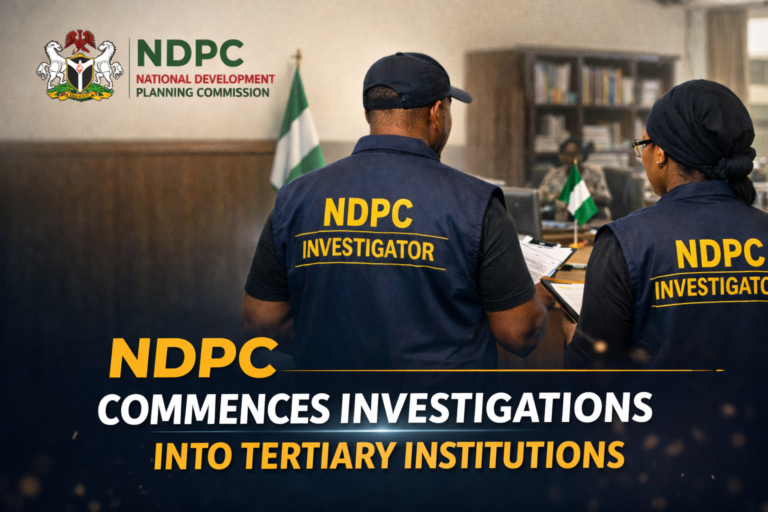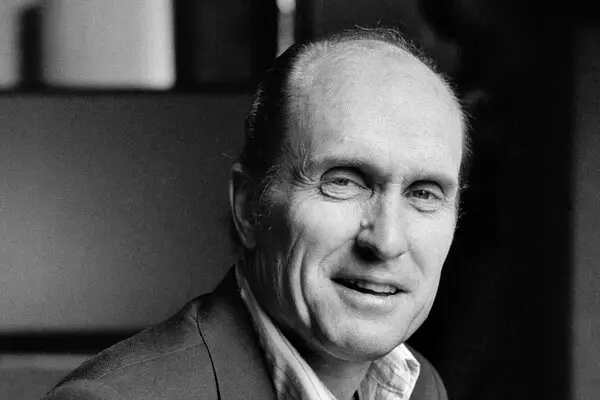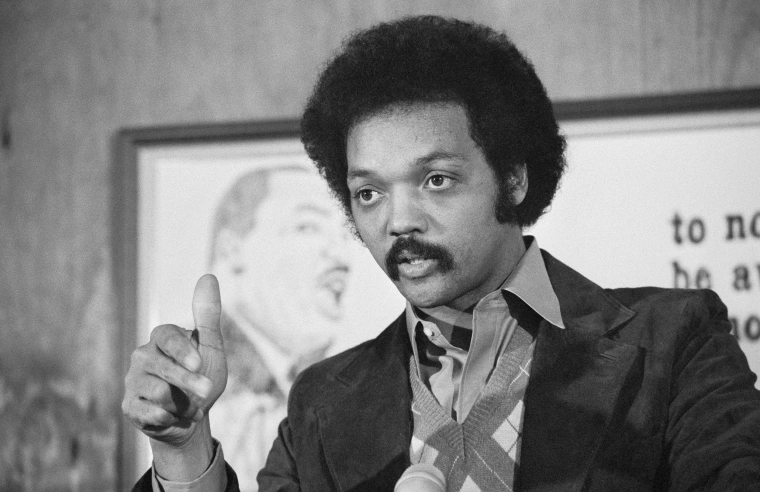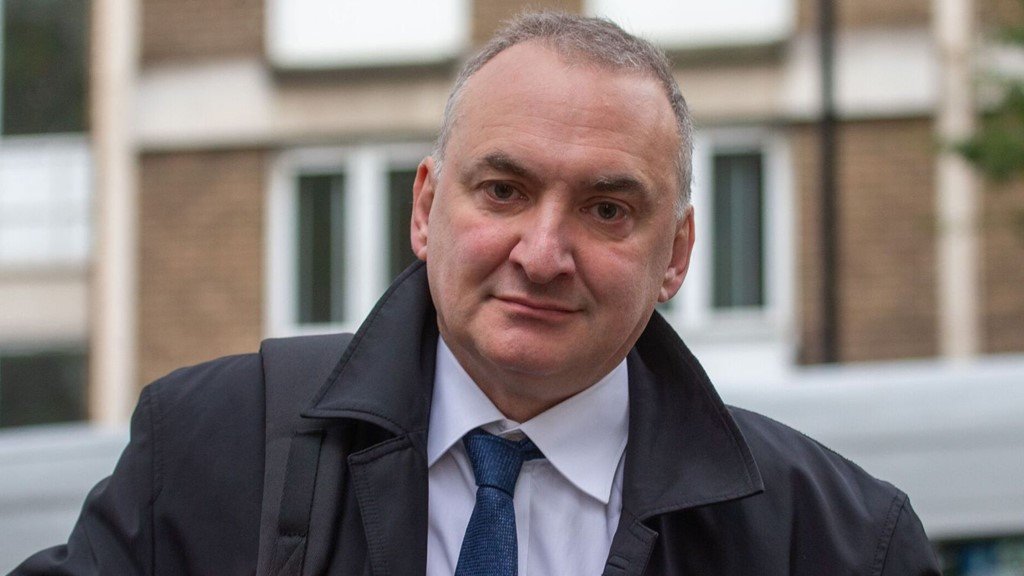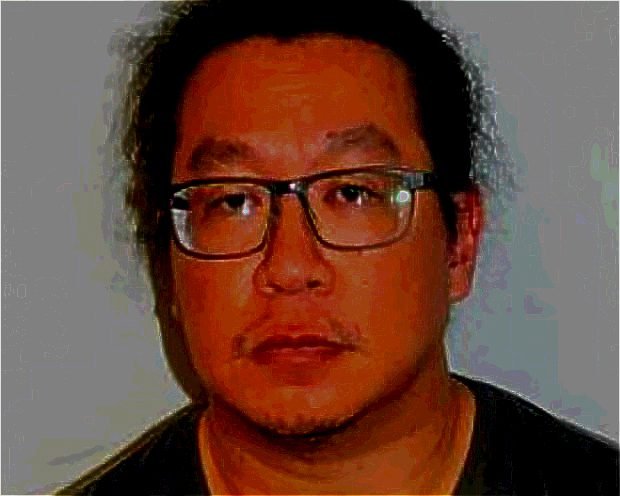Police in Tanzania fired tear gas and live rounds on Thursday to disperse protesters who returned to the streets a day after a controversial general election marked by violence and allegations of political repression.
Demonstrations broke out in Dar es Salaam, the nation’s commercial hub, and several other cities after the exclusion of President Samia Suluhu Hassan’s two main challengers from the presidential race. Protesters accused the government of stifling opposition voices and deepening authoritarian control.
Authorities imposed an overnight curfew in Dar es Salaam, a city of more than seven million people, after several government offices and public buildings were set ablaze. Internet access, which had been disrupted during the election, was partially restored on Thursday. Human rights activist Tito Magoti reported receiving accounts of at least five deaths during Wednesday’s protests, while a diplomatic source told Reuters that as many as 10 people may have been killed in Dar es Salaam, though these reports remain unverified.
Controversial Presidential Elections
Provisional results announced by the state-run Tanzania Broadcasting Corporation showed President Hassan securing overwhelming majorities in multiple constituencies. However, anger continued to spill into the streets, with witnesses confirming renewed clashes between protesters and security forces in Dar es Salaam, Arusha, and Mwanza.
The unrest has disrupted air travel, with international flights suspended at Dar es Salaam’s Julius Nyerere International Airport and closures reported at airports in Arusha and near Mount Kilimanjaro. “The people are rewriting our political culture from being cows, if I use this word respectfully, to being active citizens,” Magoti said, underscoring the growing defiance among citizens.
The crisis poses a major test for President Hassan, who was initially praised for easing political repression after taking office in 2021 following the death of former President John Magufuli. In recent years, however, her administration has faced mounting criticism over reports of abductions and harassment of opposition figures, concerns she pledged to investigate but has yet to address publicly.
Government spokesperson Gerson Msigwa announced that civil servants would continue working from home through Friday, urging the public to remain indoors unless absolutely necessary. The main opposition party, CHADEMA, had called for nationwide demonstrations after its disqualification in April for refusing to sign an electoral code of conduct. Its leader, Tundu Lissu, was charged with treason, and the disqualification of another opposition candidate from ACT-Wazalendo effectively left President Hassan facing only minor challengers in the polls.
The ongoing unrest underscores the deepening political tensions in Tanzania and raises fears of further instability in one of East Africa’s most populous nations.











